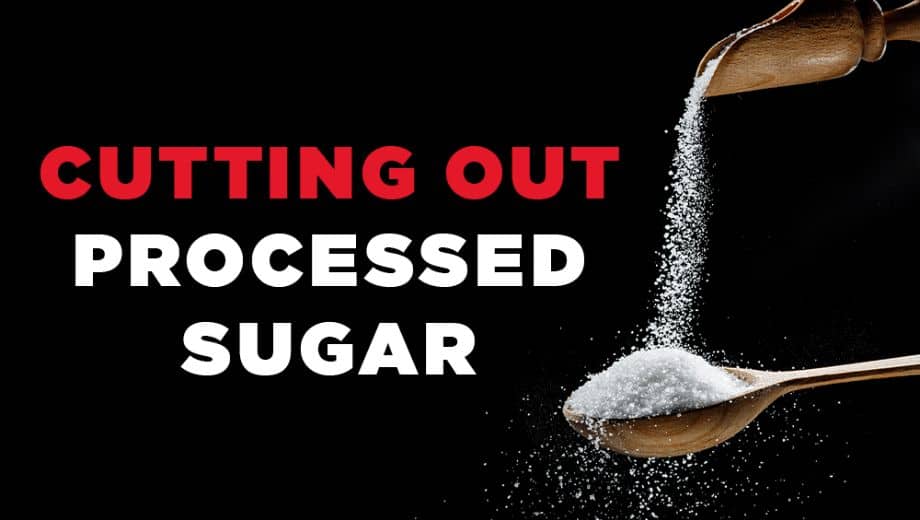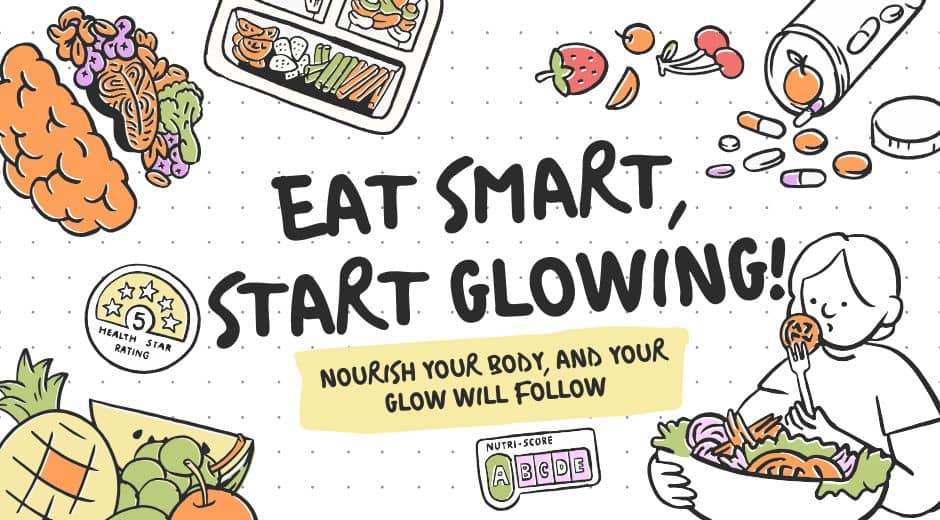Interesting facts about cutting off sugar from your diet
Cutting out or significantly reducing added sugar can feel daunting, but the results are often more interesting and positive than most people expect. This article breaks down evidence-based benefits, common timelines for changes, unexpected effects, and practical tips to help you make the switch. Whether you’re aiming to lose weight, improve energy, or simply eat cleaner, these interesting facts will help you understand what really happens when you remove extra sugar from your daily menu.
1. How quickly you may notice changes
One of the most interesting things about quitting sugar is how soon many people notice differences. Within a few days to two weeks you might see reduced bloating, fewer sugar cravings, and steadier energy levels. Over four weeks, improvements in sleep quality and mood stability are commonly reported. Scientific reviews and reputable health sites explain that cutting added sugars often lowers triglycerides and can improve markers related to heart health and metabolic function. These early wins make it easier for many people to stick with the change.
2. Weight and metabolic effects
Reducing added sugar typically lowers overall calorie intake and can lead to weight loss without other major diet changes. It’s interesting that even modest reductions in sugar can produce measurable improvements in blood triglycerides and insulin sensitivity. Over months, people who maintain lower added sugar intake often experience decreased abdominal fat and better glycemic control. Public health guidance from major health organizations emphasises limiting free sugars to improve long-term metabolic health.
3. Skin, inflammation, and oral health
Many people find it interesting that cutting sugar can benefit skin and oral health. Less sugar can mean fewer cavities and a lower risk of tooth decay. Some people also report clearer skin and reduced acne, which may be related to lower insulin spikes and reduced inflammatory responses. While skin changes vary between individuals, the overall reduction of systemic inflammation is a commonly noted benefit when added sugars are minimized.
4. Mental clarity and cravings
A surprising and interesting effect of reducing sugar is improved mental clarity for many individuals. Rapid spikes and crashes in blood sugar can impair concentration and mood; removing those spikes often leads to steadier focus. Cravings can be intense at first, but they usually diminish after two to four weeks as taste preferences adapt. Research and clinical resources describe how the brain’s reward pathways recalibrate when sugar intake is lowered, which explains why sweet foods gradually taste sweeter.
5. Energy and exercise performance
People often assume sugar is essential for quick energy, but it’s interesting that many athletes and active individuals find sustained energy improves with less added sugar. Stable blood sugar supports longer, more consistent performance during workouts and reduces the mid-afternoon crashes that sap motivation. Combining a reduced-sugar diet with balanced carbohydrates from whole foods typically preserves endurance and recovery while improving overall energy patterns.
6. The role of hidden sugars
One of the most interesting practical facts is how much added sugar hides in everyday foods: sauces, dressings, packaged breads, and many “healthy” snacks. Reading labels and learning alternate names for sugar helps reduce intake dramatically. Swapping flavored yogurts for plain yogurt with fruit or choosing whole-food snacks cuts a surprising number of added teaspoons per day and makes the overall diet much cleaner.
7. Practical strategies that work
Several simple strategies make cutting sugar sustainable and interestingly effective: remove sugary drinks first, replace treats with whole fruit, prioritize protein and fiber at meals to slow glucose absorption, and plan satisfying snacks to avoid sudden cravings. Gradual reductions often work better than abrupt bans, and experimenting with spices like cinnamon or vanilla can make foods taste sweeter without added sugar.
8. When to seek professional advice
While removing added sugar is beneficial for most people, it can interact with medical conditions or medications. If you have diabetes, eating disorders, or other chronic conditions, consult a healthcare professional before making major changes. Reliable health resources, including Harvard Health and the NHS, offer in-depth guidance on sugar reduction and safe strategies for different populations.
Conclusion: Why it’s worth trying
Overall, cutting off added sugar from your diet produces interesting and often rapid benefits for energy, weight management, skin health, and long-term disease risk. The transition can be easier than expected if you focus on real foods, read labels, and replace sugary items with satisfying alternatives. For practical meal plans and step-by-step approaches, see our sugar-free plan and resources. If you want more scientific background, reputable sites such as Harvard Health, the Mayo Clinic, and the NHS provide thorough overviews and tips to guide your journey.
Education Made Simple

Energy Balance Habits For Sustainable Performance
Energy Balance Habits For Sustainable Performance

Holistic Body Care Beyond Exercise And Diet
Holistic Body Care Beyond Exercise And Diet

Physical Ease Practices For Pain Free Movement
Physical Ease Practices For Pain Free Movement

Why Athletes Load Manage: Protecting the Body for the Long Game
Why Athletes Load Manage: Protecting the Body for the Long Game













